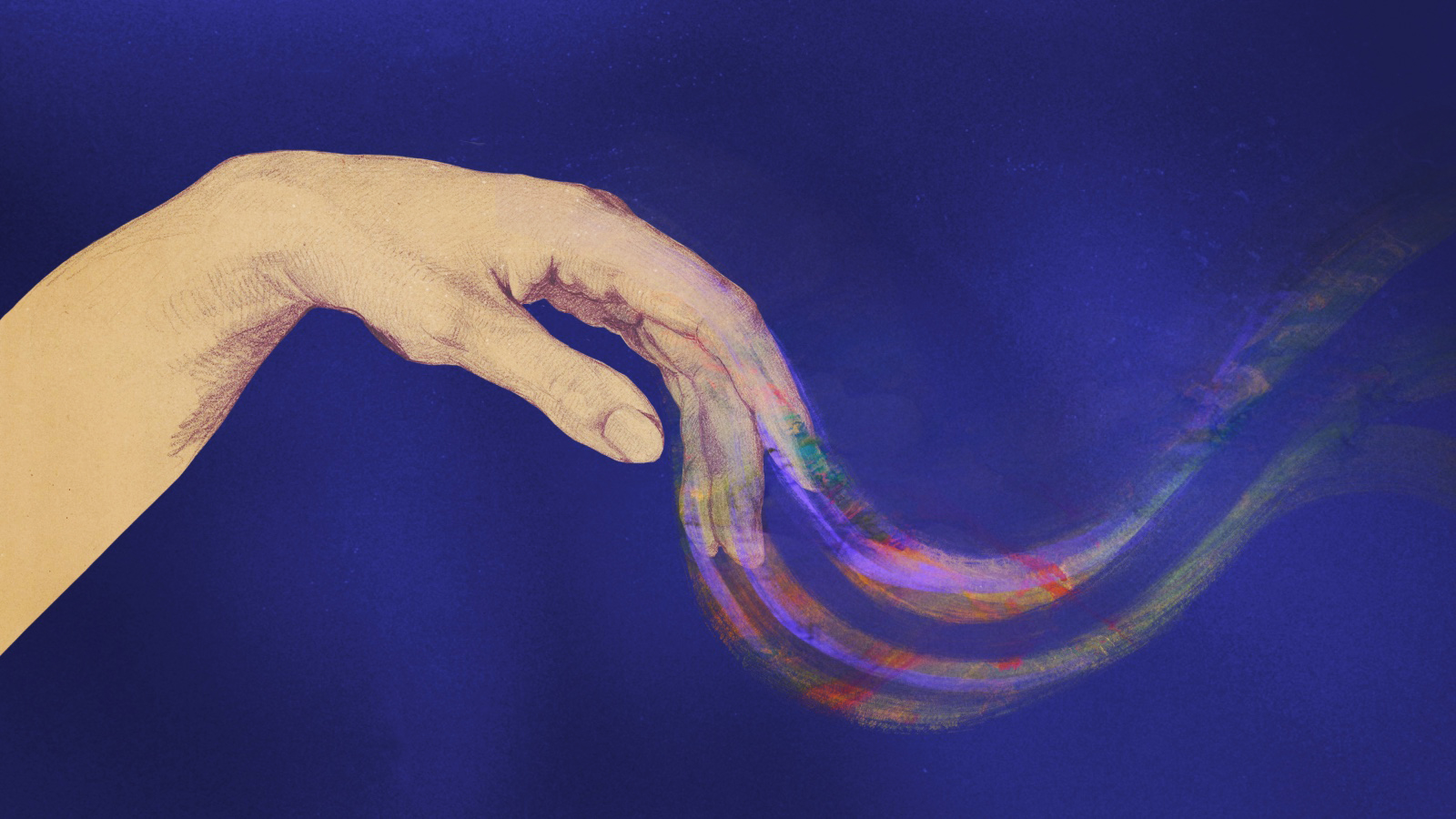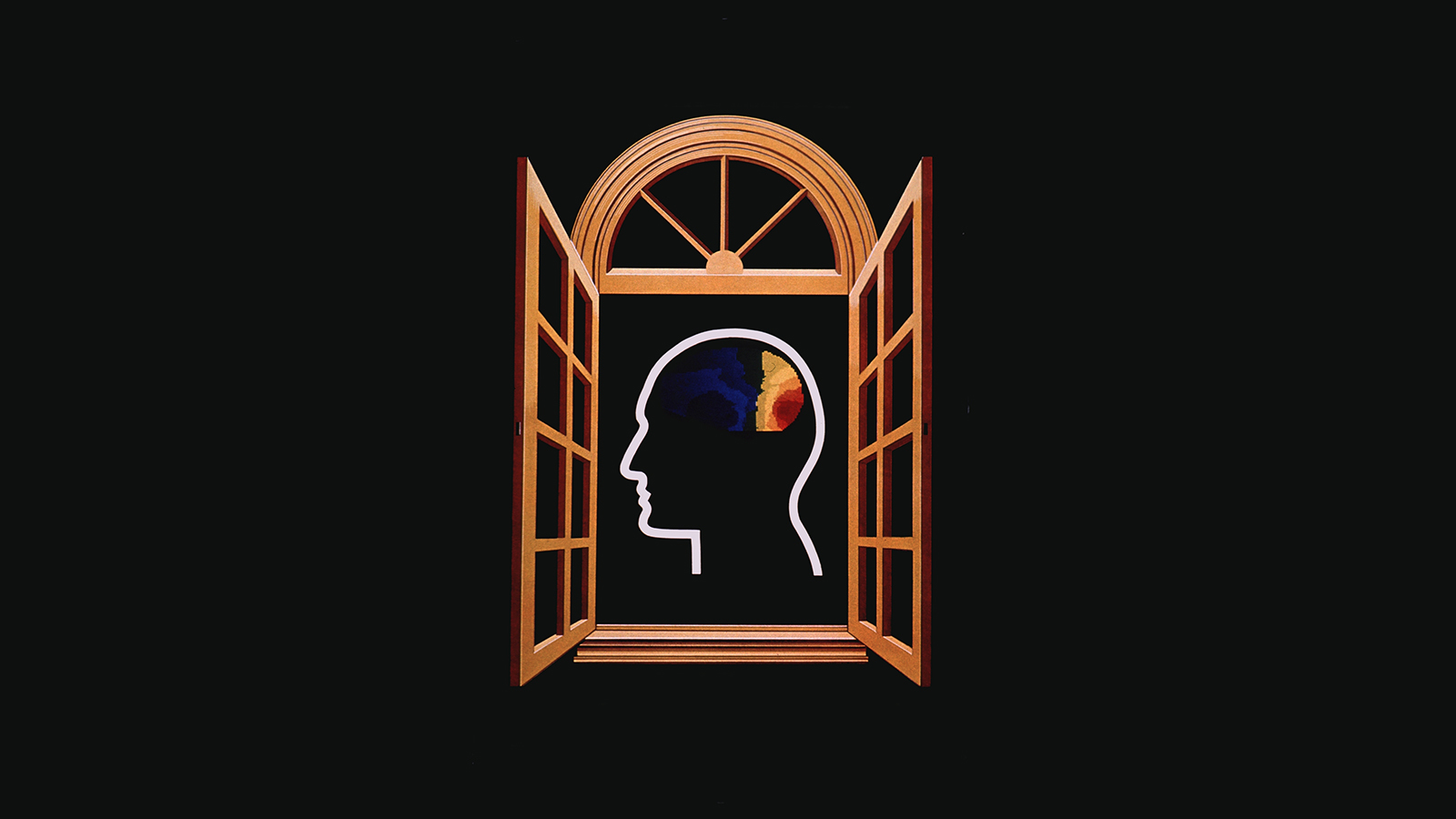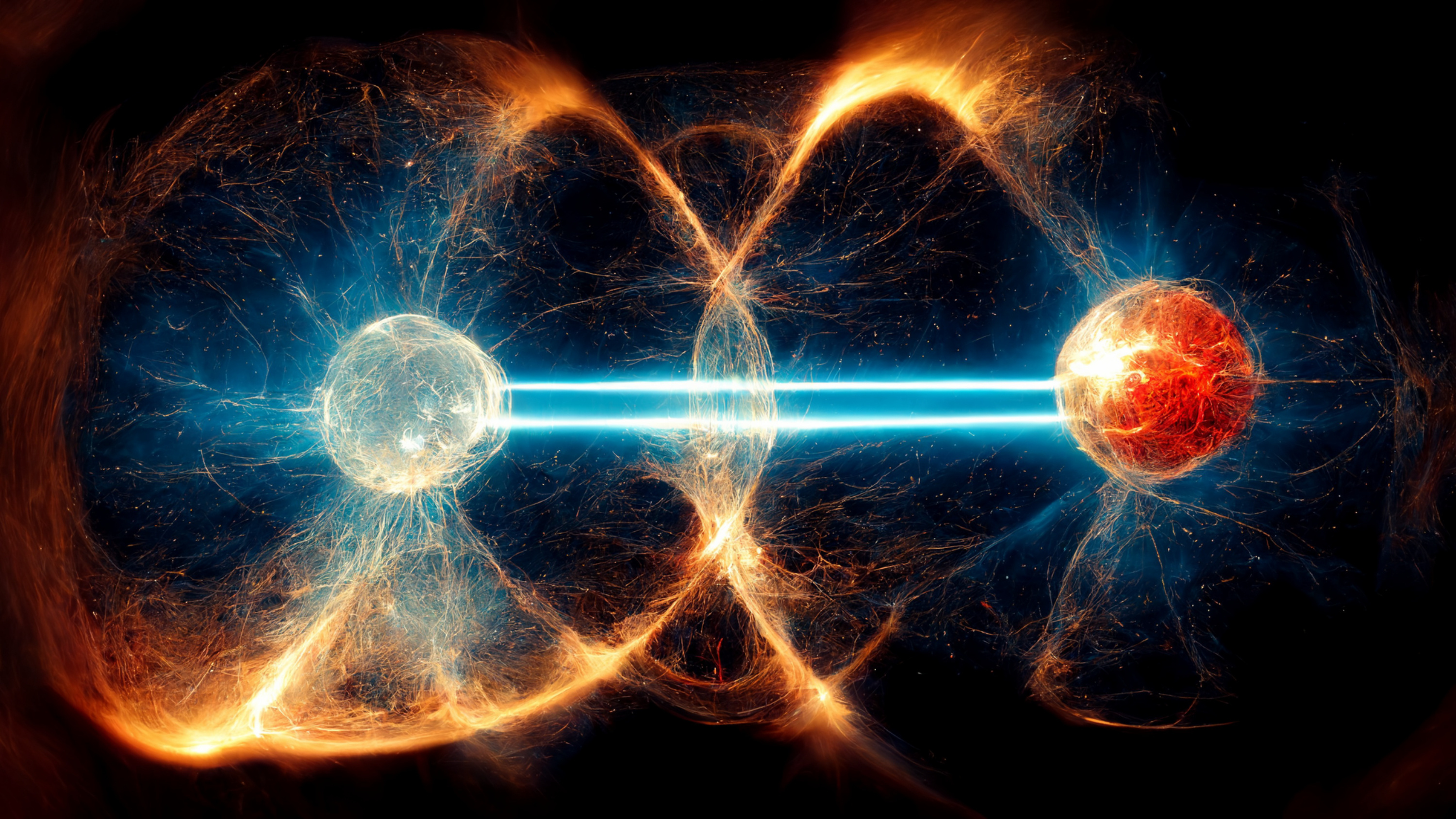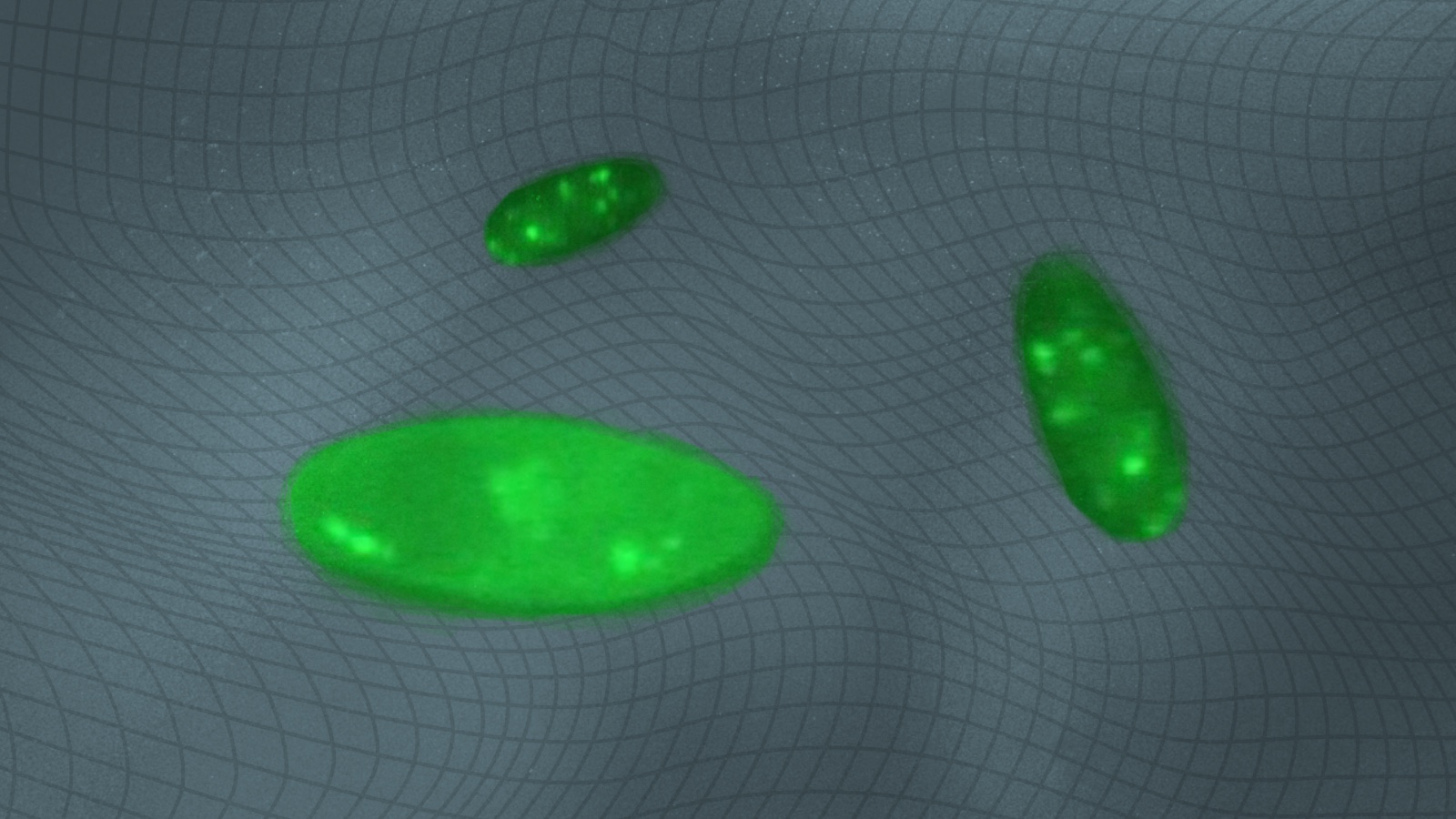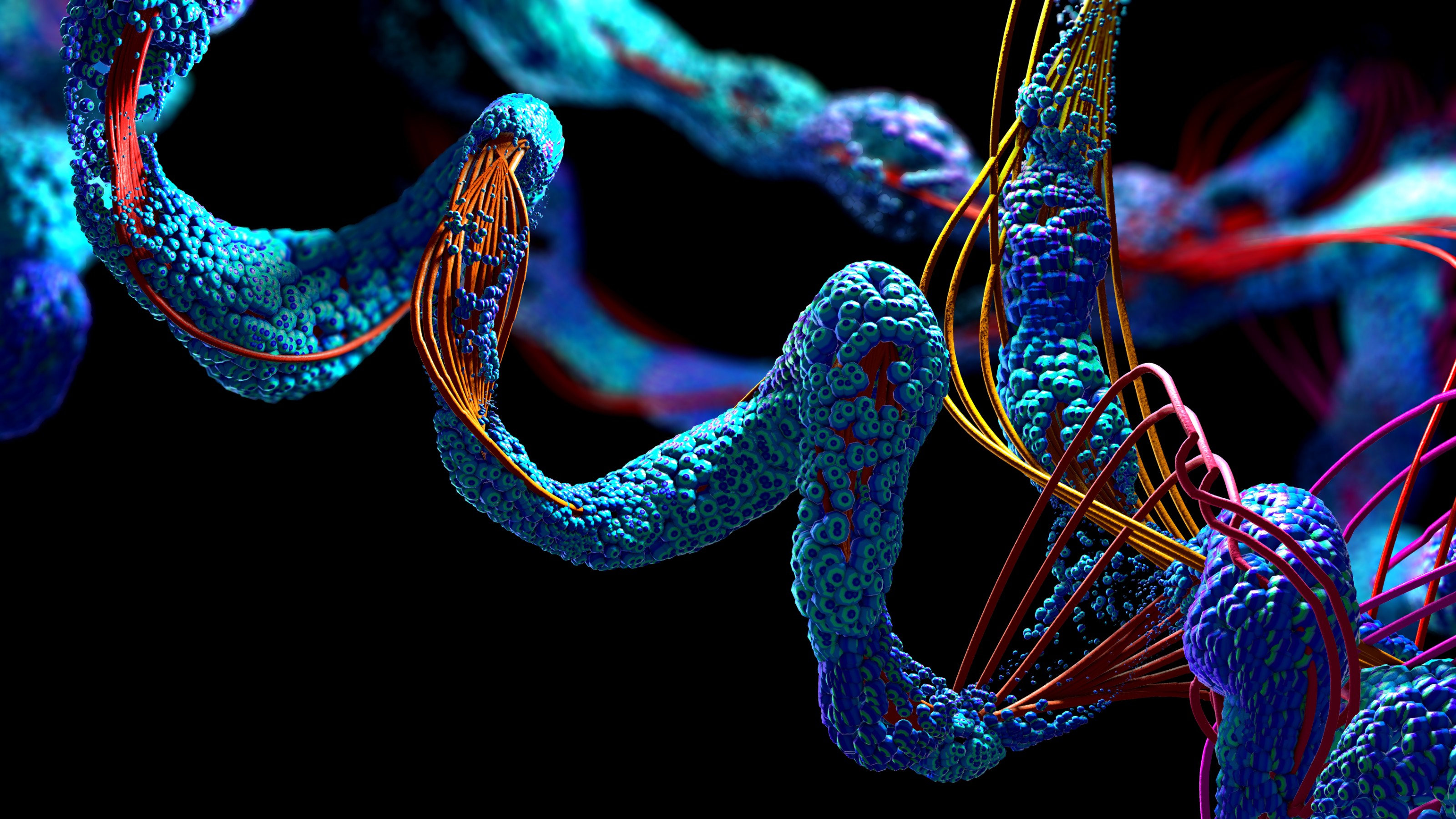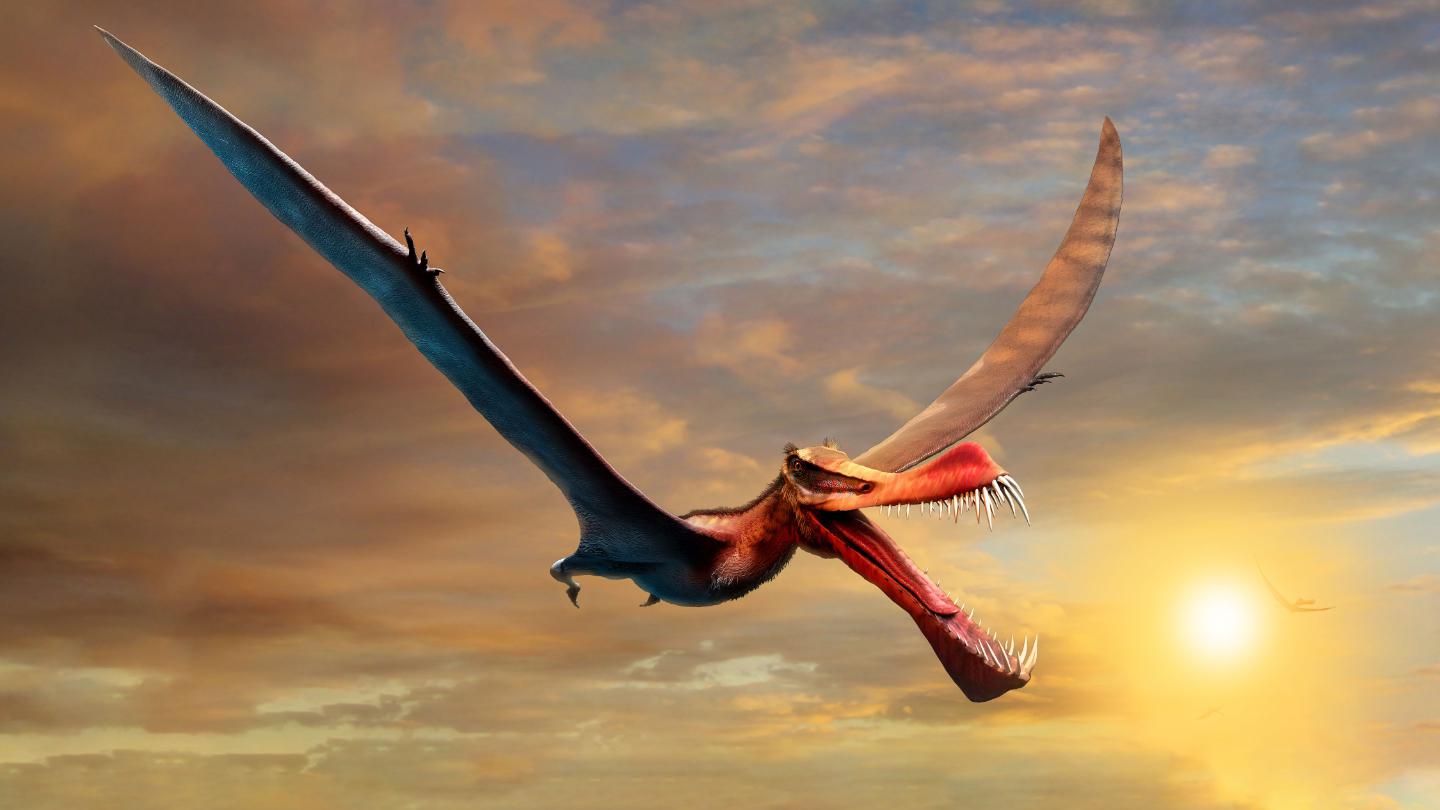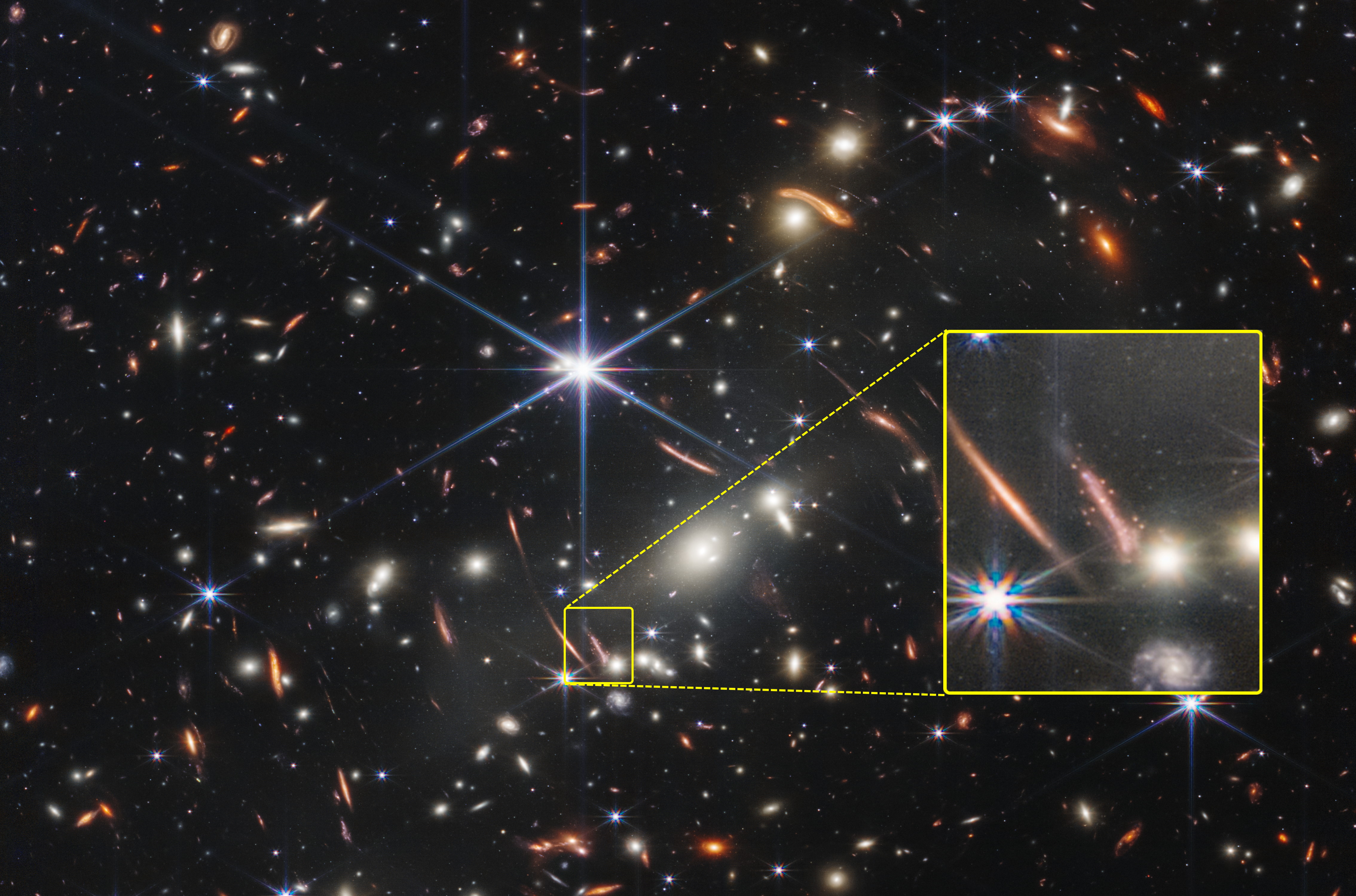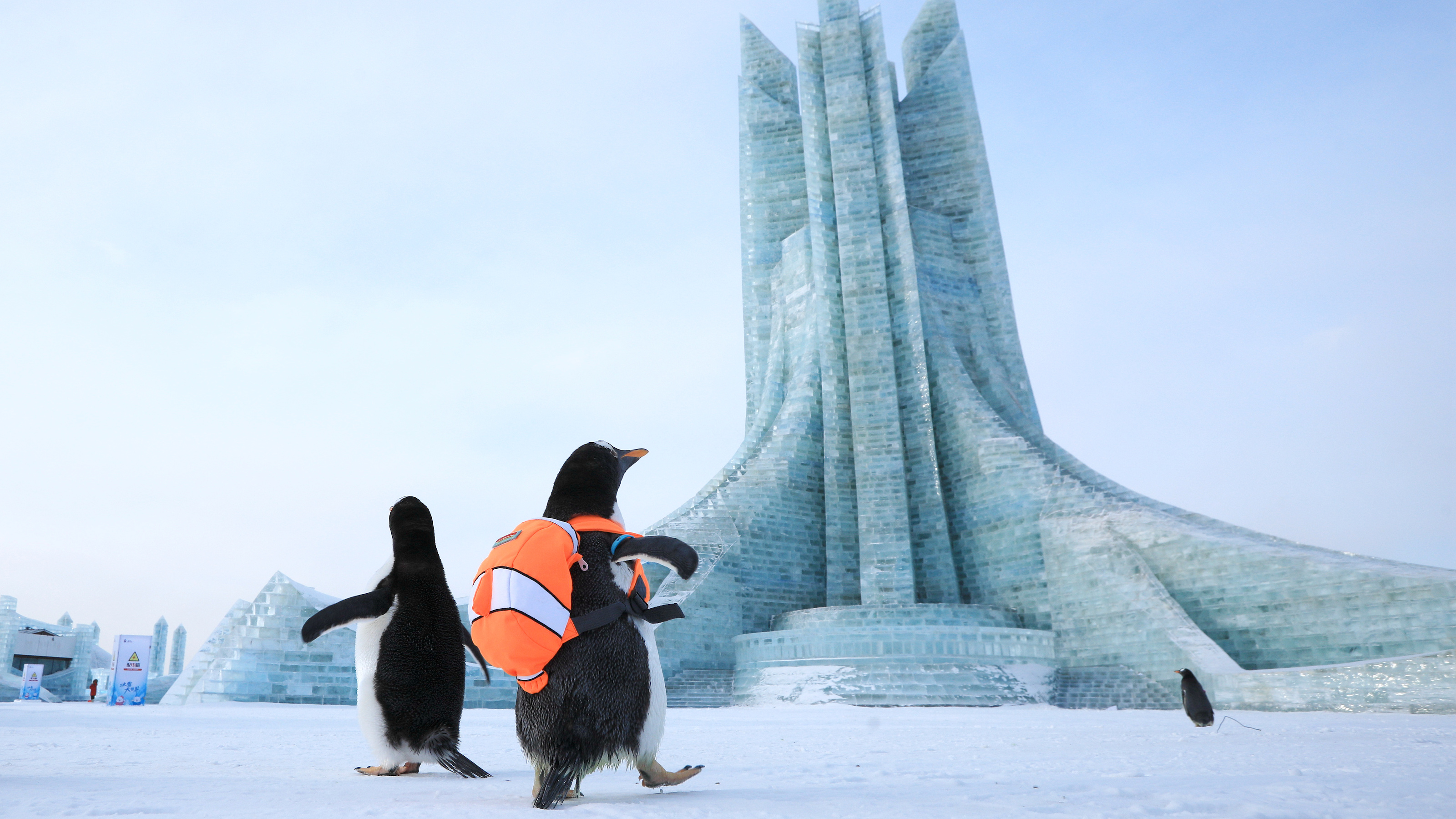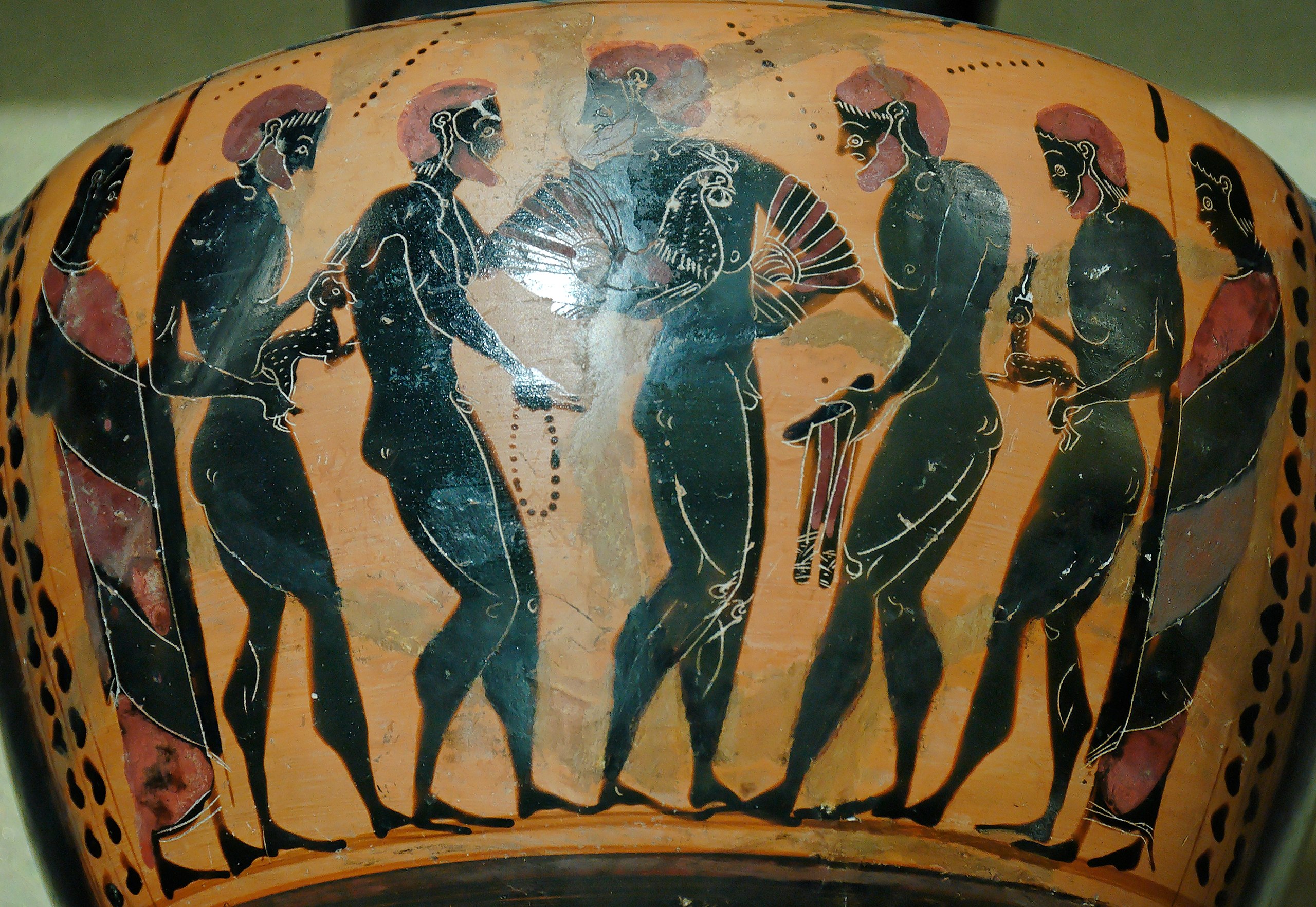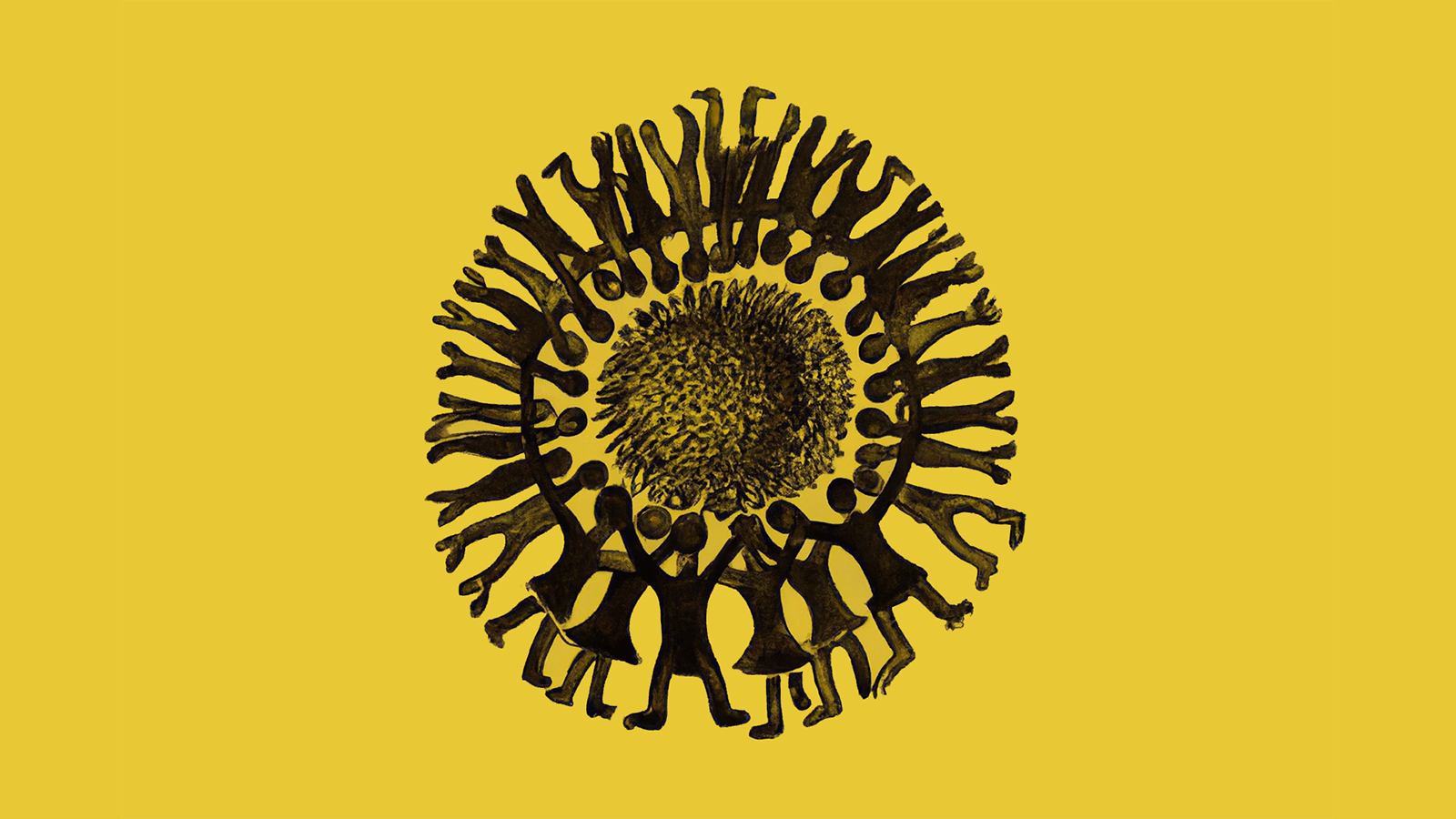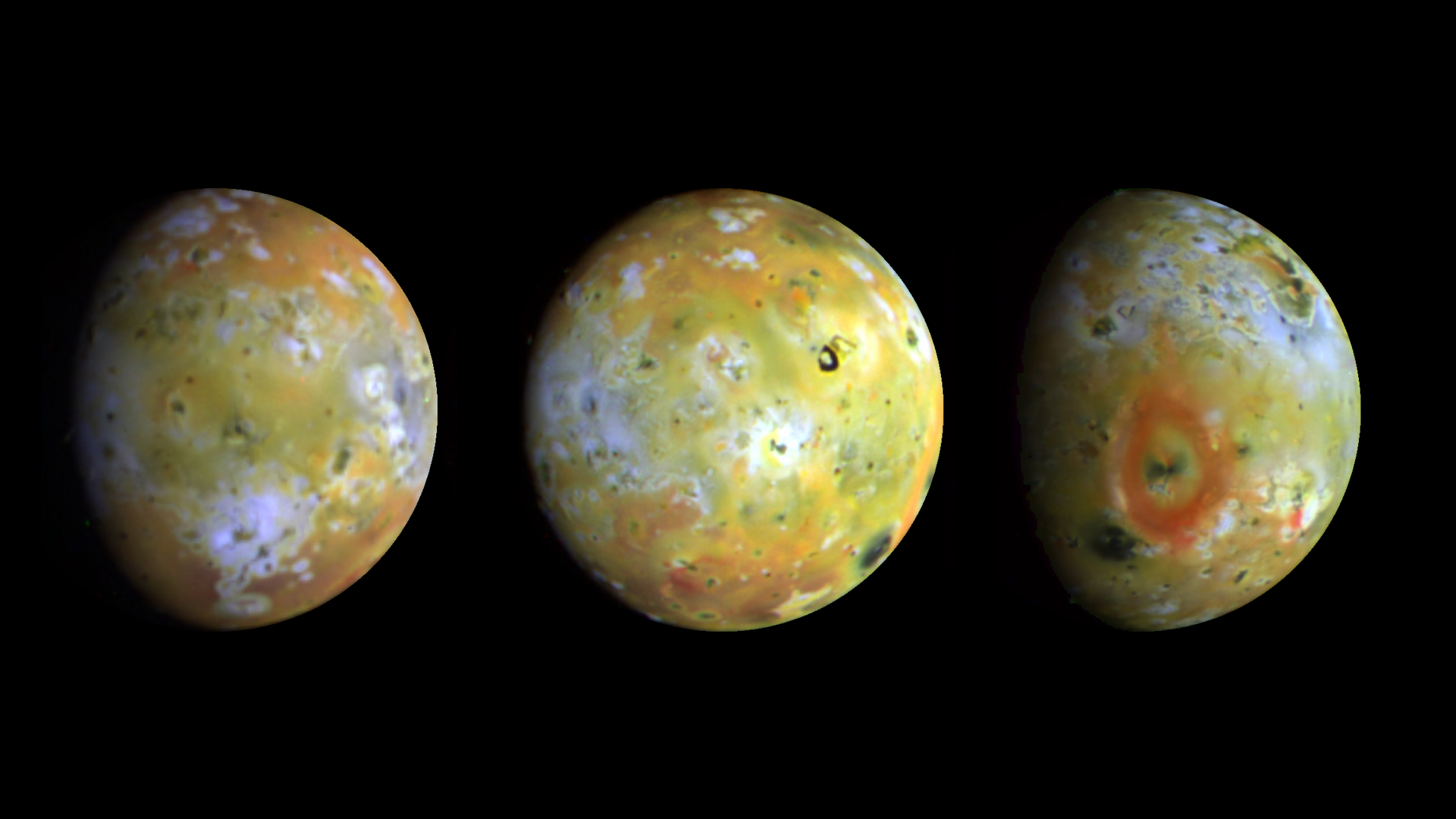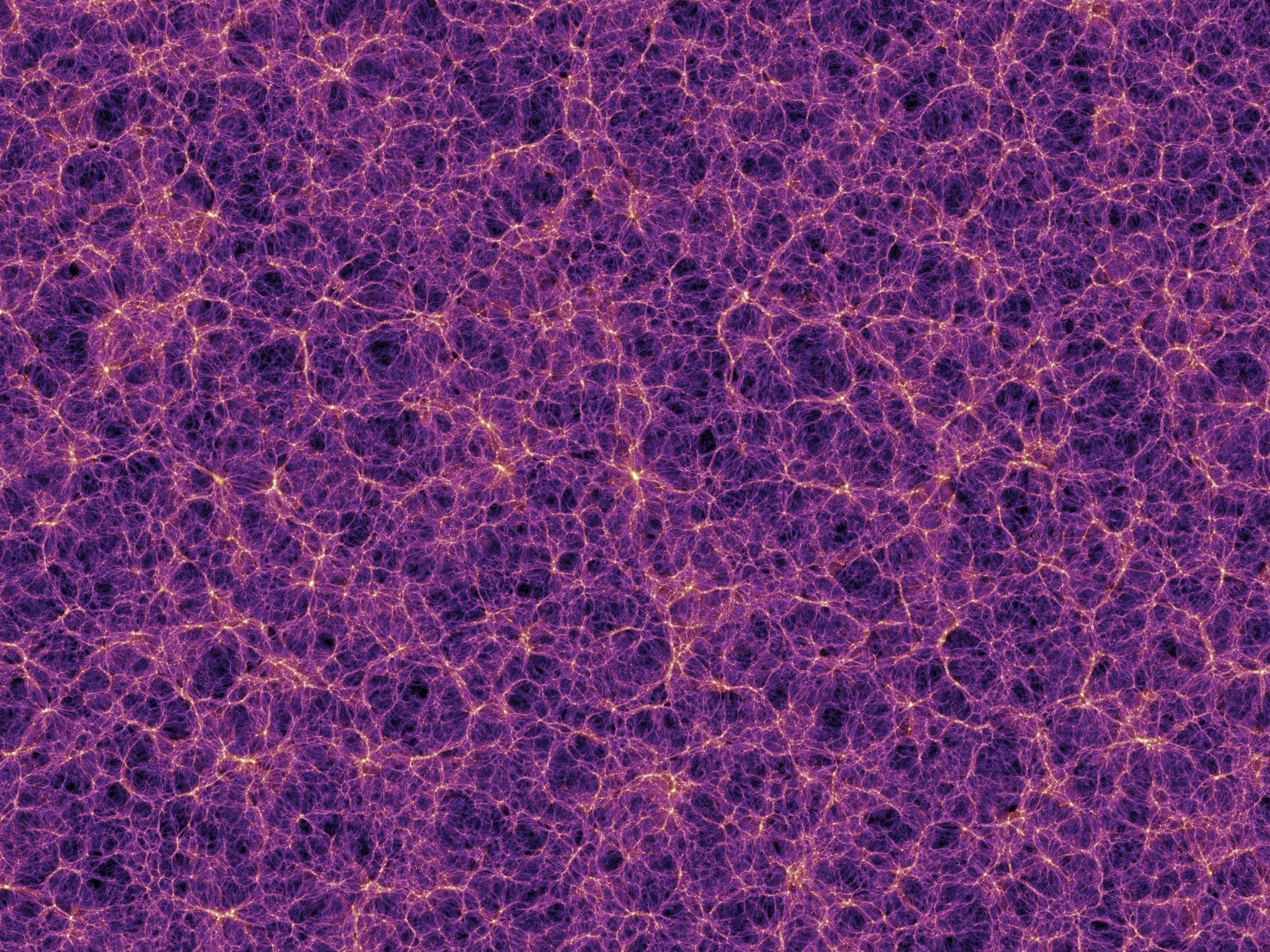The information we have in the Universe is finite and limited, but our curiosity and wonder is forever insatiable. And always will be.
“For every PhD there is an equal and opposite PhD.”
The central equation of quantum mechanics, the Schrödinger equation, is different from the equations found in classical physics.
The best-laid plans of mice and everyone else.
Pathogenic, self-propagating proteins called prions found in the brains of people with Alzheimer’s are also found in Down syndrome patients.
How do we deal with information overload and unlock creativity? Build a second brain.
▸
6 min
—
with
It isn’t just identical particles that can be entangled, but even those with fundamentally different properties interfere with each other.
Carnivores, herbivores, omnivores — and now virivores.
There are four money personality types. Which are you?
Computerized, job-focused learning undercuts the true value of higher education. Liberal arts should be our model for the future.
And it’s much, much less expensive.
From COVID and cancer vaccines to a steady drop in the number of people living in extreme poverty, there are reasons for optimism in 2023.
In the early 20th century, a young biochemist named Alexander Oparin set out to connect “the world of the living” to “the world of the dead.”
Laser-guided lightning systems could someday offer much greater protection than lightning rods.
Meet your new flying nightmare: Thapunngaka shawi.
Find it easier to sort out your friends’ problems than your own? This paradox is for you.
“What you pay attention to, is your life.” Where do you place precious brain resources?
▸
6 min
—
with
Most globular clusters appear to form their stars all at once, but there are exceptions. JWST just observed how “second formations” happen.
The vaccine provided protection for mouse and ferret models.
Do humans have souls, or are we just particles? Physicist Sabine Hossenfelder explains.
▸
5 min
—
with
Automation could help fix the company’s financial troubles.
Here on Earth, the Sun is our primary source of light, heat, and energy. But it also poses a grave threat to human civilization.
Most popular songs are about love and heartache. But some great songs — albeit underrated and perhaps a bit weird — are about the cities we love.
A disturbing interview given by a KGB defector in 1984 describes America of today and outlines four stages of mass brainwashing used by the KGB.
Studying the display of personal wealth across time can help us better understand the history of socioeconomic inequality.
In many city-states, it was perfectly acceptable for older men to have sexual relationships with young boys.
Harvard psychiatrist Robert Waldinger discusses how 80 years of ongoing research show relationships to be vital for health and happiness.
On Earth, microbial growth is common in lava tubes no matter the location and climate, whether it’s ice-volcano interactions in Iceland or hot, sand-floored lava tubes in Saudi Arabia.
Human beings are tiny creatures compared to the 92 billion light-year wide observable Universe. How can we comprehend such large scales?


